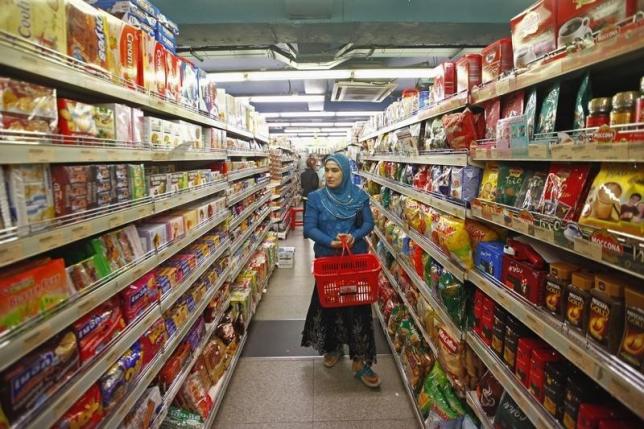Muslims may have to forgo the extra treats at the ‘boeka’ table this Ramadan, as consumers feel the pinch of exorbitant food prices. Higher petrol prices and the ripple effects of the ongoing drought have resulted in sharp rises in food costs, leaving shoppers hard-pressed. As Muslim shoppers rushed to do their Ramadan shopping on Tuesday morning, many told VOC News that the soaring price of staple foods was burning a hole in their pockets.
Nabilah Davids grabbed a few last minute items outside a local supermarket in Woodstock, foaming at the mouth.
“It is very disappointing to see our community struggling the way it is. With the prices of food going up along with petrol and electricity, we are left to suffer. We just do what we have to do each month to survive but this is no way of living,” Davids said.
Mareldia Hendricks from Salt River said she was disturbed by the prices of fruit and vegetables.
“Every time I go into the supermarket, I’m shocked by how much the prices have increased. Muslims like their soup in Ramadan. Some people won’t even be able to make something as simple as soup,” she said.
“I also prefer fruit for suhoor. With the cost of fresh fruit, I don’t even think I’m going to bother this Ramadan,” she added.
Shoppers who spoke to VOC News echoed these sentiments, adding that even tougher budget cuts lay ahead. Statistics South Africa (StatsSA) measured a 5% increase in the cost of its benchmark food basket during 2015.
A local herb farmer, who asked to remain anonymous, suggested government considers increasing the price of unhealthy foods instead.
“All this unhealthy chips and sweets we are feeding our children need to stop. If government increases the prices of alcohol, cigarettes, meat and luxuries, they can keep the price of bread at an affordable price for the poor people. We as a society don’t need this unnecessary chips and sweets that we feed our children,” he said.
Amina Petersen who lives on the streets of Salt River said with the increase in food prices, homeless people are left with less change in their pockets.
“I have two children at home. I am not proud of begging on the streets everyday but don’t have many other options. Work is scarce and there are hungry mouths to feed. Lately I noticed, people are already just shopping for the necessities and have very little left for me. I get a R2 here and there but not much these days,” she said.
While staple foods such as bread and milk have risen steadily, it seems fruit and vegetables have seen a sharp increase in response to the drought. The RSA Group, one of the largest fresh produce traders in South Africa, said Fruit and veg price are up 30% due to the drought.
With the shortage of rain this winter, farmers are not able to produce good quality fruit and vegetables, and supply is limited. The collective fresh produce industry will be affected, and shortages as well as higher prices are to be expected during the course of the next few months.
“Various areas have water problems so have not been able to plant the usual number of hectares. In some cases, like the Western Cape, the fruit trees must first receive irrigation. This is the same for onion planting and production,” says Andries Erasmus, senior trader on potatoes at the RSA Group.
“In the Western Cape, the largest potato producing region in South Africa called the Sandveld, is affected by severe drought and excessive heat. At this stage the Western Free State may have a crop with less damage. Time will tell.” VOC






 WhatsApp us
WhatsApp us 

